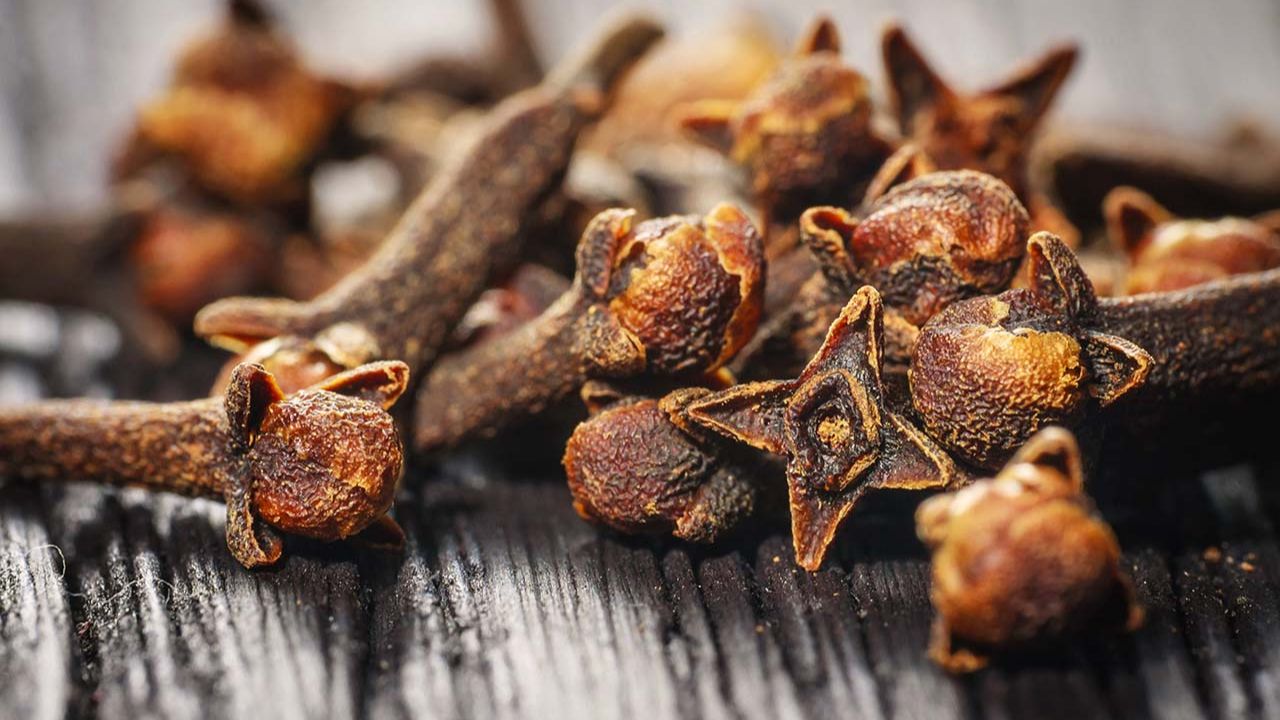
How to Cook Burdock Root: A Hot and Sour Soup Recipe
There was a major shift this week in my northern forest. While we still have several feet of snow on the ground, the signs of the coming spring are everywhere. Snow is melting, birds are returning and even the noticeably longer days hold the promise of warmer months ahead.
One of my herbal teachers, Lesley Tierra, teaches that the shift of seasons is an especially important time to be vigilant about our health. It’s easy to prematurely rejoice of what is to come and forget to maintain balance in the present.
Her recommendations include dressing and eating for the weather you have, not the weather you wish you had.1 In my climate, scarves, hats, and soups are still the best choices (even though I yearn for sandals and raw foods from the garden).
While Lesley’s wise words come to us from the philosophy of Chinese Medicine, we can see many other sources validating this cautionary approach. The Centers for Disease Control and Prevention (CDC) points out that February traditionally has the highest incidence of the flu, with March containing an impressive amount as well.2 In other words, we aren’t out of the woods yet!
It’s not uncommon to feel a restlessness this time of year, especially in regards to food. We still have many winter veggies like carrots, cabbage, and beets stored away, but the heavy foods of winter are not as enticing as they were in December.
It’s with this in mind that I made this simple, delicious, and immunomodulating hot and sour soup recipe. It’s fresh and lighter than the stews of winter, but still contains roots and herbs for supporting the immune system. This recipe is also a great way to learn how to cook burdock root.
What is an Immunomodulator?
“Immunomodulation” is a general term herbalists use to describe the non-specific beneficial effects some herbs have on the immune system. Immunomodulators can have a balancing result, and, when taken long term, they strengthen the immune system. Examples include Astragalus (Astragalus membranaceus), many medicinal mushrooms like Reishi (Ganoderma lucidum), and Tulsi (Ocimum sanctum).
Herbalists often use immunomodulating herbs for people who have frequent colds or the flu, are plagued by seasonal allergies, or have cancer. Many of these herbs are safe for everyone and besides being used for specific health challenges, they can be taken simply to maintain good health.
(Of course many nutrients and lifestyle changes should be taken into account when wanting to improve general immune system health. Exercise, vitamin D3 levels, and sleep are all part of the holistic considerations.)
Before we get to the hot and sour soup recipe, let’s take a look at the ingredients and their general effects on your immune system health.

Burdock Root (Arctium lappa, A. minor)
You don’t commonly see burdock root listed as an immunomodulator, but I think there’s a good case for it. Many of our immunomodulating herbs contain polysaccharides which are can play a large role in the immune system effects of the plant.
Herbalist David Hoffman reports that “It is increasingly being suggested that the polysaccharides are at the core of herbal immuno-modulating effects. Laboratory studies have revealed a range of impressive results, including:
- a general improvement of many immune response measures
- T lymphocyte activation
- anti-tumor activity
- increase in certain serum proteins
- non-specific activation of the complement system
- stimulation of interferon production
- stimulate increased phagocytosis”3
Burdock root is high in polysaccharides. One of the most prevalent, inulin, is a starchy substance that provides nutrients for beneficial gut flora. In other words, inulin is a PRE-biotic that supports the healthy gut flora that plays an important role in your immune system health.
This is just the tip of the iceberg for burdock root. Herbalists also use it for people with skin conditions such as eczema, psoriasis and acne and it’s also used for urinary health. Learn more about burdock on our membership site, HerbMentor.com.
The hot and sour soup recipe below will also show you how to cook burdock root.

Shiitake Mushrooms (Lentinus edodes)
People have long heralded shiitake mushrooms as beneficial for the immune system. Like burdock, they are high in polysaccharides (beta-glucans) as well as many other constituents that support immune system health. Many scientific studies have investigated shiitake mushrooms in regards to cancer care and general immunity.
One randomized dietary intervention trial in young adults showed that regularly eating shiitakes resulted in general improved immunity as observed by improved cell proliferation and increased gut immunity.4

Ginger (Zingiber officinale)
Ginger is famous for its ability to modulate inflammation and support digestive health. It is probably most famous for alleviating nausea, whether from chemotherapy, motion sickness, or the morning sickness of early pregnancy.
People commonly use ginger for many stages of a cold or flu. Herbalists often reach for it at the first sign of an upper respiratory infection to stop or shorten the duration of the illness. People also use it for sore throats, boggy coughs, and to support the fever process when someone is feeling chilled.
Studies have also shown that ginger can be potentially beneficial for people at higher risk for colorectal cancer. In a pilot study, ginger was shown to have a beneficial effect on the colon and immune system health in people that took 2 grams for 28 days.5

Carrots
Carrots are full of antioxidants, such as beta carotene, that have a wide range of health benefits. While beta carotene is most famous for supporting eye health, eating a diet high in beta-carotene has been epidemiologically associated with a decreased risk for both lung cancer and stomach cancer.6

Hot and Sour Soup with Burdock Root
We will be combining all of these health-giving ingredients into a simple hot and sour soup recipe that is perfect for the transition from the winter months to spring.
Look for fresh burdock root in Asian grocery stores, health food stores, or ask your local grocery store to order it.
To increase the immunomodulating properties of this soup, consider making your own stock using additional immunomodulating herbs, such as astragalus.
What you’ll need…
- 1 quart chicken or vegetable stock
- 1 teaspoon salt
- 1/4 teaspoon ground pepper
- 1 tablespoon tamari
- 1/2 cup carrots cut into matchstick pieces
- 1/2 cup burdock root cut into matchstick pieces
- 1 large handful of mushrooms sliced thinly (I like fresh shiitakes)
- 1 tablespoon minced ginger
- 1/2 pound cooked tempeh or meat (ground beef, chicken, pork, and shrimp all work well)
- 4 tablespoons white vinegar
- 3 tablespoons cornstarch mixed with 4 tablespoons cold water
- 1 large egg, lightly beaten
- toasted sesame oil
- 2 scallions, chopped
- Need herbs? Visit Mountain Rose Herbs.

- Combine the stock, salt, tamari, and ground pepper in a soup pot and bring to a boil.
- Add the carrots, burdock root, mushrooms, ginger, and tempeh or meat. Bring back to a boil then reduce heat and simmer for 3-5 minutes, covered.

- Add the vinegar to the pot. Stir in the cornstarch mixed with water to the pot, and continue to simmer while stirring until the mixture is thickened, about 2 to 3 minutes.

- Turn off the heat and add the egg, stirring gently.

- Ladle the hot soup in bowls and garnish with a teaspoon of toasted sesame oil and a tablespoon of scallions.
Yield: 6 cups, roughly 3 servings as a main course










